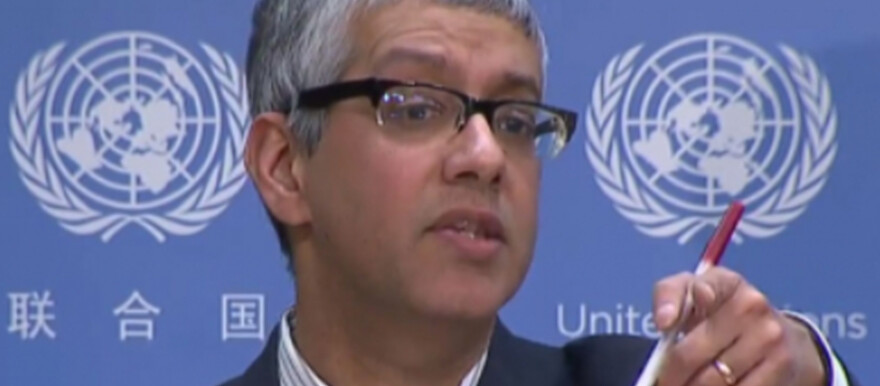Humanitarian organizations urgently require $120 million to scale up life-saving support in Tawila over the next three months to contain the cholera outbreak and sustain critical services, the UN has said.
The remarks were made in a press release on Monday, where UN Deputy Spokesman Farhan Haq quoted the Office for the Coordination of Humanitarian Affairs (OCHA), which expressed alarm over the escalating health and food crises across Sudan.
He said cholera cases are continuing to rise in Tawila locality, in North Darfur State, with more than 1,500 suspected and confirmed infections reported since June.
“Over 500 people are currently receiving treatment. Local authorities have introduced emergency measures, including market closures and a ban on public gatherings,” Haq said.
He also disclosed that food insecurity is continuing to worsen across Sudan.
In North Darfur State, he said, low cereal supply, poor harvests, and a prolonged food deficit have severely affected food availability, while in Abu Shouk camp, displaced families are facing acute shortages of food and medicine, with local sources reporting four hunger-related deaths last week.
Food prices have been on the rise in El Fasher, the state capital, where in May, the average cost of the local food basket was more than six times the national average. The city recorded the highest prices for nearly all essential items among assessed localities. The most staggering price hikes included sugar, which rose by around 960 percent, and sorghum by 160 percent. Liquid dish soap increased by 150 percent in just one month.
Haq recalled that the Integrated Food Security Phase Classification (IPC) had identified famine conditions in multiple areas in North Darfur and the eastern Nuba Mountains, with more locations at risk. An IPC alert earlier this month noted that the food security and nutrition situation would further deteriorate over the lean season from July to October, particularly in areas of active conflict with limited access and high levels of displacement.
He reaffirmed the commitment of the UN and partners to distribute shelter materials, blankets, cooking sets, and hygiene items to 2,000 newly displaced families in North Darfur State, noting that nearly 60 percent of displaced families still lacked adequate shelter support.




